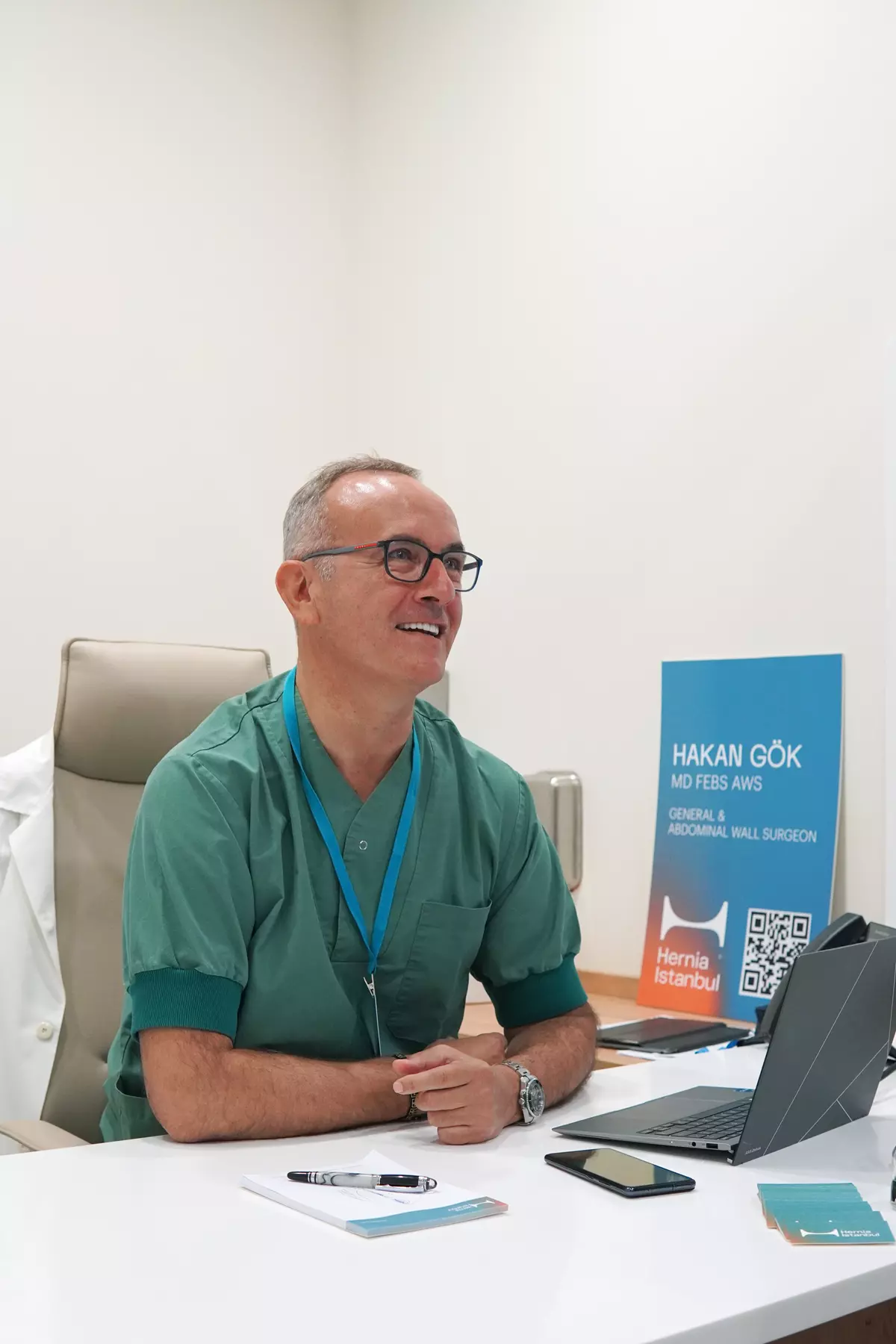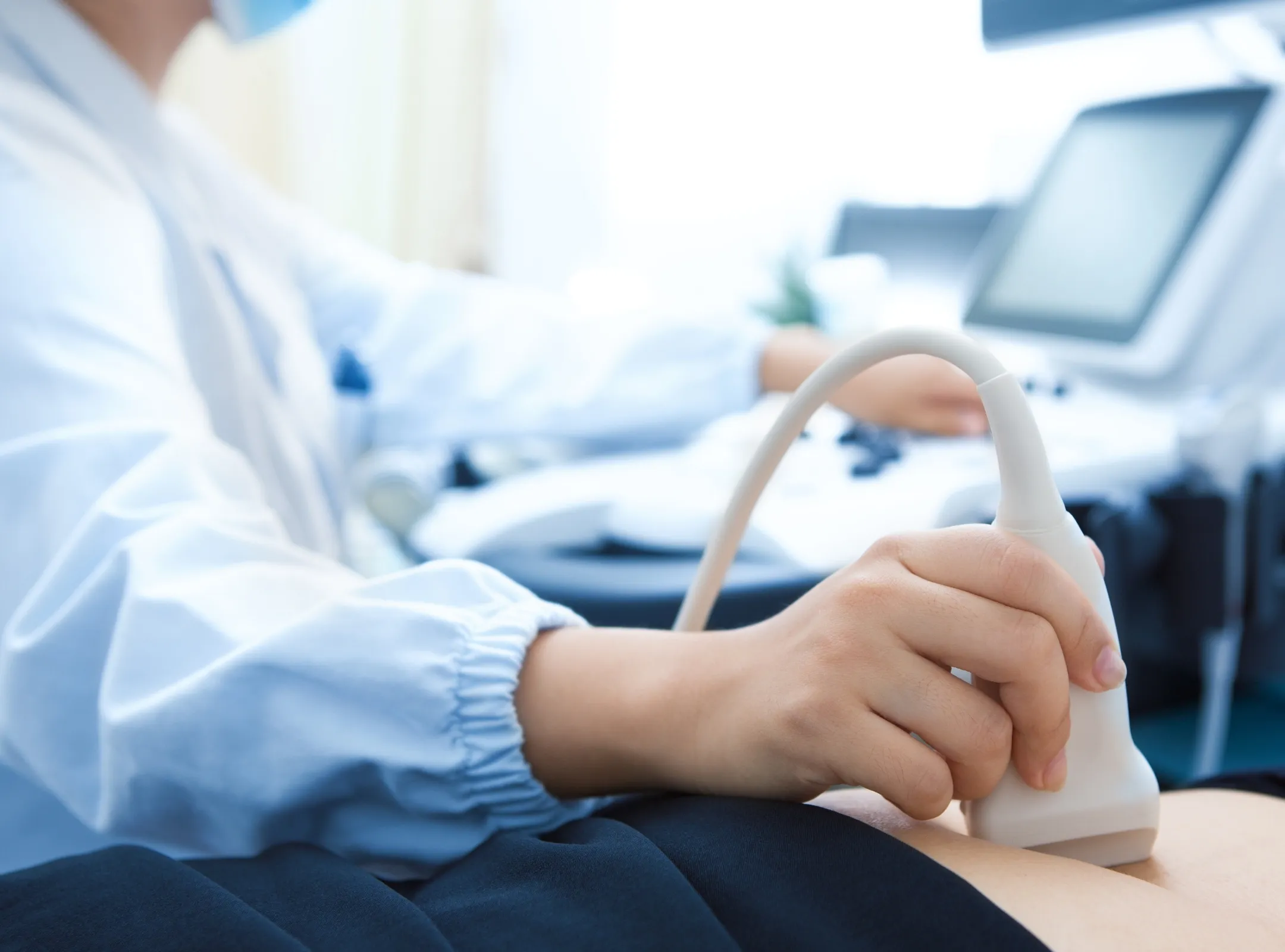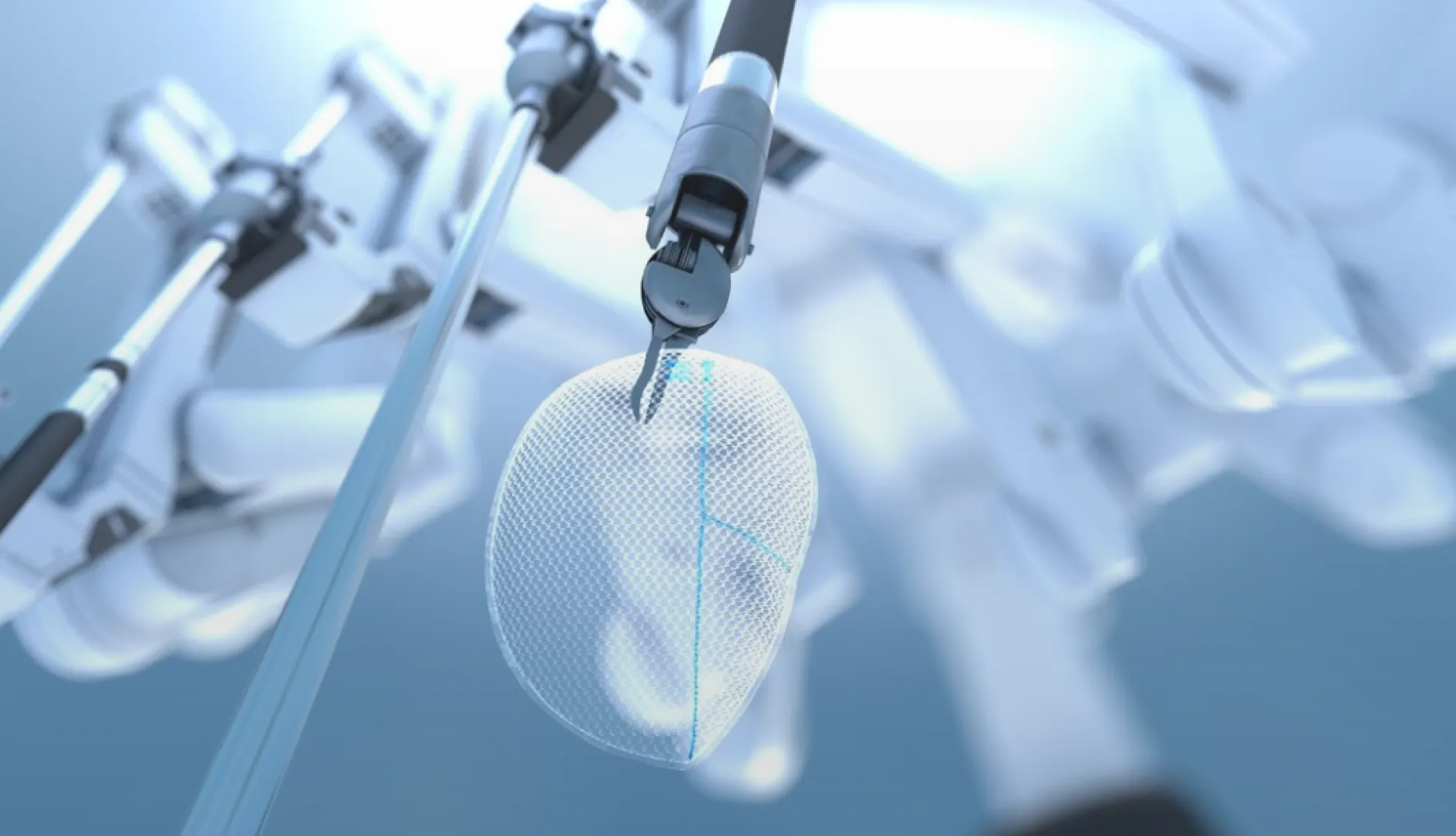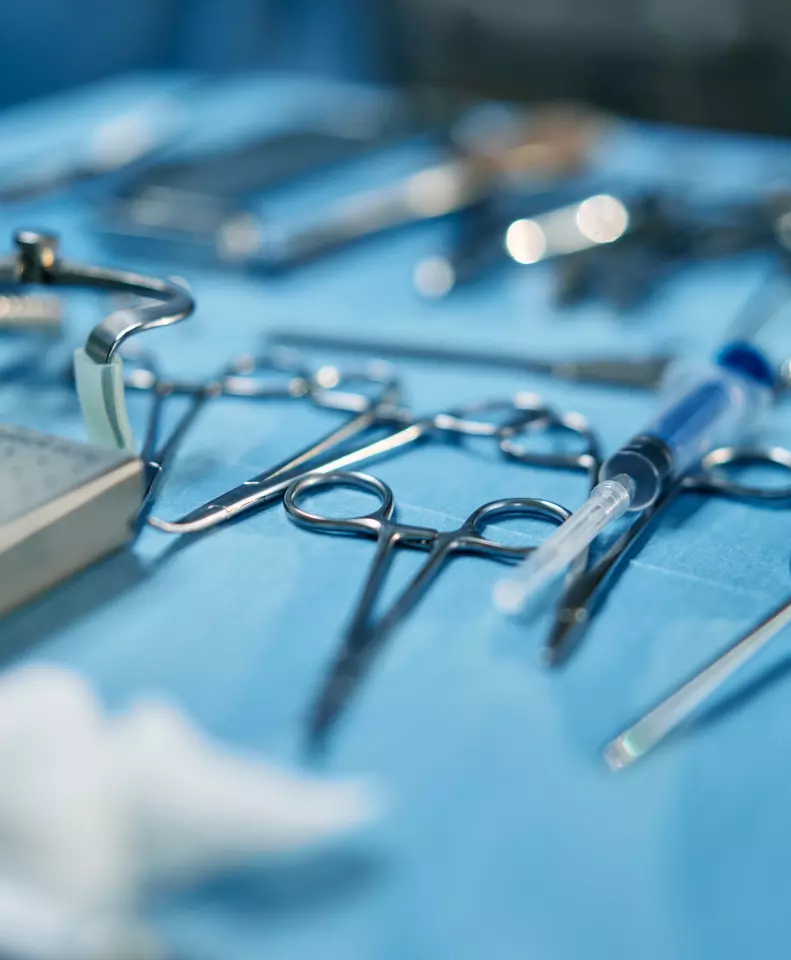Why does a hernia develop?
75% of all abdominal wall hernias are seen in the groin. As humans, especially men, our groin area is weak. Inguinal hernias are more common in people with connective tissue diseases and in smokers. Hernia disease cannot be prevented, except in incisional hernias, which sometimes develop in surgical incisions due to various causes.
Who is at risk of developing a hernia?
Anyone can have a hernia. Inguinal hernias are more common in men.
Can a hernia be prevented?
Abdominal wall and groin hernias cannot be prevented. However, hernias that develop in surgical incisions may be preventable with proper surgical techniques and post-operative care.
SYMPTOMS AND DIAGNOSIS
I have pain in my groin. Is it a hernia?
Hernias are responsible for 30% of inguinal pain. In the early
stages, hernias—even without a visible bulge—can manifest
with pain. However, it’s also necessary to investigate other
possible causes of groin pain, especially in athletes, as
diagnosing and treating this pain can be complex.
How does a hernia affect daily life and activities?
Hernias grow over time, causing pain and impairing quality of
life. Large, complicated hernias, especially in the abdominal
wall, can affect breathing, mobility, and overall comfort. The
pain from a hernia can also affect sexual confidence and
comfort, sometimes negatively impacting the partner due to
visible bulging or discomfort.
Does a hernia belt work?
A hernia belt does not treat or prevent a hernia from
enlarging, nor does it prevent strangulation of the hernia. On
the contrary, using a hernia belt can complicate surgery by
affecting surrounding tissues.
Can hernias be treated with medication?
"No! The only effective treatment for inguinal and abdominal
wall hernias is surgery.
Do all hernias require surgery?
All hernias should eventually be repaired surgically. However, if
your hernia is small and doesn’t cause symptoms, immediate
surgery may not be necessary. Most hernias will grow and cause
discomfort over time, often leading to pain. While hernia strangulation that requires urgent surgery is rare, it’s best not to take this
risk. As we often say, 'Early hernia surgery is easier for both the
patient and the surgeon!
Can a hernia be prevented?
Scientific studies show that surgeons who specialize in
hernia repair have better outcomes, especially in terms of
recurrence and pain management, compared to those who
don’t. This is particularly true for more complex cases.
HERNIA SURGERY DETAILS
Which surgery technique is best for me?
There are three important factors to decide on the technique:
the patient’s characteristics, the type of hernia, and the
surgeon’s experience. For some patients, laparoscopic
methods are preferable, especially for certain hernia types.
What type of anesthesia is used in hernia surgery?
General anesthesia is the most appropriate and safe method
for most hernia repairs. However, local anesthesia can be
comfortably applied in open inguinal hernia repairs
How long does hernia surgery take?
The surgery time depends on the hernia's size and the
technique used. Open inguinal hernia surgeries typically take
20–25 minutes, while laparoscopic repair takes around
30–35 minutes. Laparoscopic umbilical hernia surgeries may
take up to 45 minutes. For other hernias, speak to your
doctor for more specifics.
Will I experience pain after surgery?
You may experience mild pain in the hours following surgery,
but this can be easily controlled with medication.
What kind of complications can happen after surgery?
The risk of infection at the incision sites is low. Fluid accumulation, called seroma, is the most common complication and
usually resolves on its own within 6–8 weeks. Persistent
post-operative pain is rare, especially in the hands of an
experienced surgeon. The most significant late complication
is hernia recurrence, but this risk is minimal when the
surgery is performed by experts.
How is recovery after hernia surgery?
You’ll be discharged walking on the same day or the day after
surgery. Driving should be avoided for two days. If there’s no drain
tube, you can shower when you get home. We generally use
absorbable sutures, so they won’t need removal.
When can I travel or drive after surgery?
After your follow-up visit with your doctor, you can travel by
plane or car, but we recommend waiting a couple of days
before driving yourself.
When can I resume sports and physical activities?
After inguinal hernia surgery: Swimming is typically allowed
after 5 days.Running can resume after 2 weeks. Activities like
yoga, Pilates, and weightlifting are okay after 1 month.
Contact sports like football and basketball should wait until 6
weeks post-surgery. Similar timelines apply to umbilical
hernia repairs.
SPECIFIC CONCERNS
Does hernia surgery affect sexual life?
No, hernia surgery does not cause sexual disability. In
fact, it often improves sexual life by relieving pain and
eliminating a visible lump, which can boost self
confidence and be visually pleasing to one’s partner.
Can I have hernia surgery while pregnant?
Watchful waiting is generally recommended for pregnant
women with hernias due to a higher risk of complications.
Elective umbilical or epigastric hernia repair should ideally
be postponed until after the pregnancy or until after the last
pregnancy for women of childbearing age.
What if my hernia relapses?
A hernia may relapse after surgical repair. While no repair is
100% guaranteed, recurrence rates are lower in surgeries
performed by hernia experts—around 1% in expert hands
versus a global average of 7–13% for groin hernias. If a hernia
does relapse, it’s best to consult a specialist center for
further treatment.







